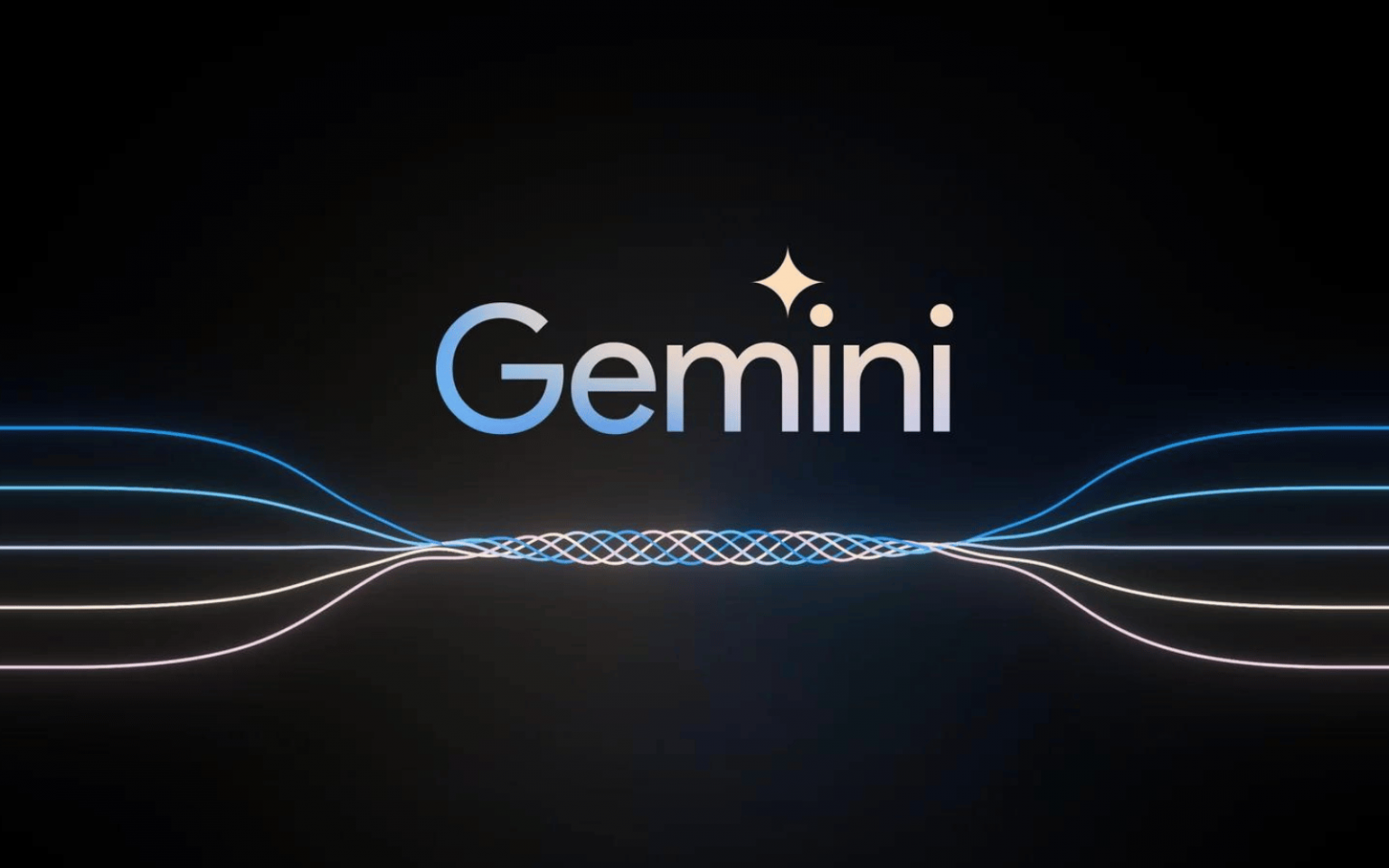In December 2023, Google announced the launch of its new large language model (LLM) named Gemini. Gemini now provides the artificial intelligence (AI) foundations of Google products; it is also a direct rival to OpenAI’s GPT-4. But why is Google considering Gemini as such an important milestone, and what does this mean for users of Google’s services? And generally speaking, what does it mean in the context of the current hyperfast-paced developments of AI? AI everywhere Google is betting on Gemini to transform most of its products by enhancing current functionalities and creating new ones for services such as search, Gmail, YouTube and its…
Author: The Conversation
In early March 2024 the residents of Johannesburg, South Africa’s largest city and the economic capital of the country, were hit by extended cuts in water supplies. This was a new low after months of continuous deterioration. Professor in the School of Geography, Archaeology and Environmental Studies at the University of the Witwatersrand Craig Sheridan sets out the risks this poses to drinking water in the city. What can get into my water that will make me sick? Two things. You can have chemicals in the water that are toxic, or you can have pathogenic organisms which can make you ill. These…
Emotion artificial intelligence (AI) uses biological signals such as vocal tone, facial expressions and data from wearable devices as well as text and how people use their computers, promising to detect and predict how someone is feeling. It is used in contexts both mundane, like entertainment, and high stakes, like the workplace, hiring and health care. A wide range of industries already use emotional AI, including call centres, finance, banking, nursing and caregiving. Over 50% of large employers in the U.S. use emotional AI aiming to infer employees’ internal states, a practice that grew during the COVID-19 pandemic. For example, call centres monitor what…
Imagine opening your front door wide and inviting the world to listen in on your most private conversations. Unthinkable, right? Yet, in the digital realm, people inadvertently leave doors ajar, potentially allowing hackers, tech companies, service providers and security agencies to peek into their private communications. Much depends on the applications you use and the encryption standards the apps uphold. End-to-end encryption is a digital safeguard for online interactions. It’s used by many of the more popular messaging apps. Understanding end-to-end encryption is crucial for maintaining privacy in people’s increasingly digital lives. While end-to-end encryption effectively secures messages, it is not foolproof against all cyberthreats and…
Rechargeable batteries are great for storing energy and powering electronics from smartphones to electric vehicles. In cold environments, however, they can be more difficult to charge and may even catch on fire. I’m a mechanical engineering professor who’s been interested in batteries since college. I now lead a battery research group at Drexel University. In just this past decade, I have watched the price of lithium-ion batteries drop as the production market has grown much larger. Future projections predict the market could reach thousands of GWh per year by 2030, a significant increase. But, lithium-ion batteries aren’t perfect – this rise comes with risks, such as…
Nations around the world are rapidly developing high-energy laser weapons for military missions on land and sea, and in the air and space. Visions of swarms of small, inexpensive drones filling the skies or skimming across the waves are motivating militaries to develop and deploy laser weapons as an alternative to costly and potentially overwhelmed missile-based defenses. Laser weapons have been a staple of science fiction since long before lasers were even invented. More recently, they have also featured prominently in some conspiracy theories. Both types of fiction highlight the need to understand how laser weapons actually work and what they are…
Humans have long dreamed of setting foot on the Moon and other planetary bodies such as Mars. Since the 1960s, space travellers have donned suits designed to protect them from the vacuum of space and stepped out into the unknown. However, the Polaris Dawn mission, which is to include the first spacewalk organised by a private company, has been delayed. This is due to complications with the design and development of a suitable spacesuit. Moon suits are also one of the key elements of NASA’s Artemis lunar programme that have yet to be delivered. A report released in November 2023 said…
A global race to build powerful computer chips that are essential for the next generation of artificial intelligence (AI) tools could have a major impact on global politics and security. The US is currently leading the race in the design of these chips, also known as semiconductors. But most of the manufacturing is carried out in Taiwan. The debate has been fuelled by the call by Sam Altman, CEO of ChatGPT’s developer OpenAI, for a US$5 trillion to US$7 trillion (£3.9 trillion to £5.5 trillion) global investment to produce more powerful chips for the next generation of AI platforms. The amount of money Altman…
Every day, more and more patients are seeking medical attention after spending long days in front of computer screens. The most common symptoms include irritated or itchy eyes, and a sensation of dryness or sand on the surface of the eye. These are the telltale signs of dry eye disease, which affects anywhere from 5% to 50% of the world’s population, depending on age, gender, ethnicity and other factors. This condition can stem from multiple causes, but lifestyle plays an important role. Screen use – and overuse – is one of the leading factors. We blink less when looking at…
As the world rushes to make use of the latest wave of AI technologies, one piece of high-tech hardware has become a surprisingly hot commodity: the graphics processing unit, or GPU. A top-of-the-line GPU can sell for tens of thousands of dollars, and leading manufacturer NVIDIA has seen its market valuation soar past US$2 trillion as demand for its products surges. GPUs aren’t just high-end AI products, either. There are less powerful GPUs in phones, laptops and gaming consoles, too. By now you’re probably wondering: what is a GPU, really? And what makes them so special? What is a GPU? GPUs were originally…










